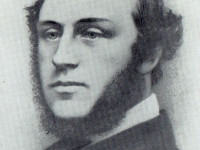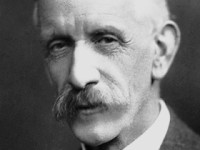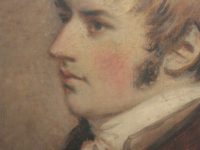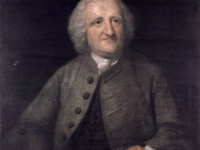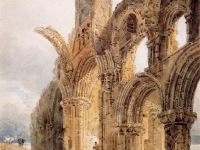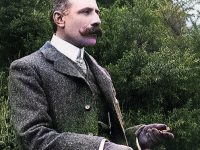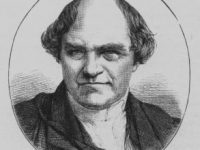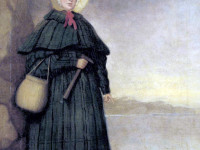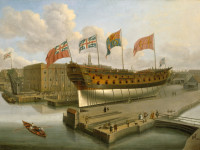John Fowler and the steam-hauled Plough
On July 11, 1826, English agricultural engineer John Fowler was born. He was a pioneer in the use of steam engines for ploughing and digging drainage channels. His inventions significantly reduced the cost of ploughing farmland, and also enabled the drainage of previously uncultivated land in many parts of the world. The Son of a Wealthy Quaker Merchant John Fowler was born in Melksham, Wilts, UK, the son of a wealthy Quaker…
Read more

